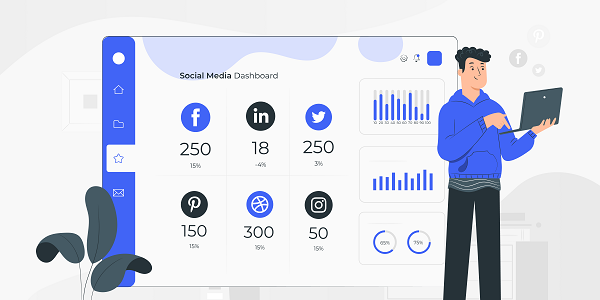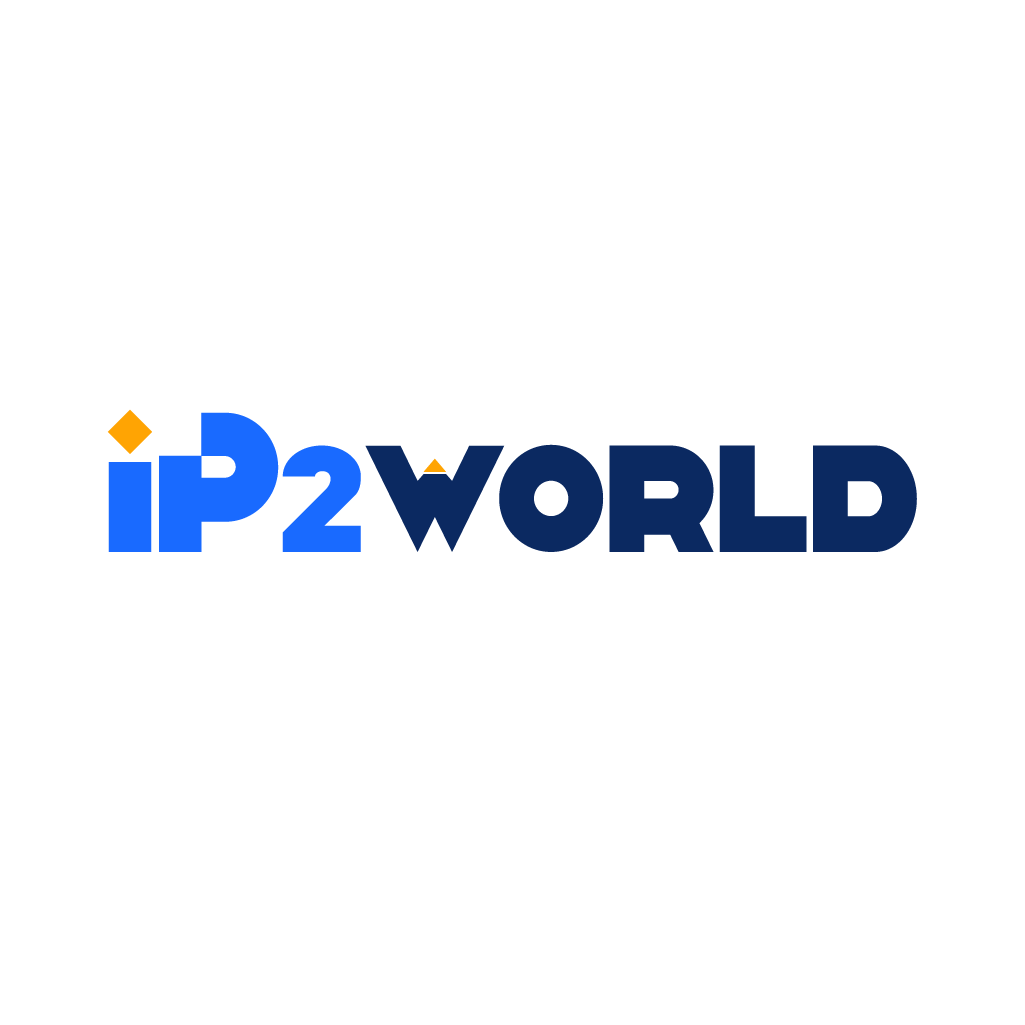This article compares the technical characteristics and application scenarios of HTTP and SOCKS5 proxy protocols, and analyzes how IP2world's proxy service meets users' comprehensive needs for security, speed and compatibility through multi-protocol support. Core Differences Between HTTP and SOCKS5 Proxy1. Protocol level and functional scopeHTTP ProxyIt works at the application layer and only supports HTTP/HTTPS protocol traffic. It can parse and modify HTTP request header information (such as User-proxy, Referer).Typical applications include web browsing, API interface calls, and basic crawler tasks, which are suitable for scenarios that require protocol content intervention.SOCKS5 ProxyIt works at the session layer, supports TCP/UDP full protocol traffic, does not parse data content, and only establishes end-to-end tunnel transmission.Typical applications include P2P downloading, video streaming, and game acceleration. It is particularly suitable for scenarios that require high compatibility and low latency.2. Anonymity and traffic camouflage capabilitiesHTTP proxies can achieve anonymity by modifying request headers, but some servers may detect traces of proxy use through the Via field.The SOCKS5 proxy does not carry a protocol identifier by default, and naturally has a higher level of anonymity. It can effectively hide the existence of the proxy and is suitable for scenarios that require deep concealment.3. Performance and resource consumptionHTTP proxy needs to parse the protocol header, which may cause additional delays in high-speed transmission scenarios. It is suitable for users who have customized requirements for protocol content.SOCKS5 proxy uses a lightweight handshake mechanism, which has lower latency and higher bandwidth utilization. The actual measured latency of IP2world's S5 proxy can be controlled within 50 milliseconds. HTTP/SOCKS5 proxy selection decision modelScenario 1: Web Data Collection and CrawlingRecommended solution: HTTP dynamic residential proxy + request header randomizationIP2world's HTTP proxy supports automatic replacement of User-proxy and Cookie, and can bypass anti-crawling systems such as Cloudflare.The dynamic IP pool covers more than 190 countries around the world, with an average daily IP update volume of over 5 million, ensuring that IP resources are pure and pollution-free.Scenario 2: Cross-region streaming media accessRecommended solution: SOCKS5 static ISP proxyA fixed IP address ensures that platforms such as Netflix and HBO will not trigger remote login alarms, ensuring account security.IP2world provides native IPs from popular regions such as the United States and Japan, and supports smooth playback with 4K quality.Scenario 3: High-frequency trading and API callsRecommended plan: Exclusive SOCKS5 data center proxyExclusive IP avoids rate limits caused by resource competition, and 1Gbps dedicated bandwidth supports thousands of concurrent requests per second.IP2world's exclusive proxy supports customized IP survival time to meet high-frequency business needs. IP2world's multi-protocol proxy service system1. Protocol compatibility enhancement planHybrid Proxy Gateway: Users can switch HTTP/SOCKS5 protocols through a single entry and automatically match the detection strategy of the target website.Protocol camouflage technology: encapsulate SOCKS5 traffic as HTTPS traffic, bypass corporate firewalls or regional protocol blockades, and improve connection success rate.2. Global anonymity protectionAnonymous level parsing:Transparent proxy: HTTP proxy will expose the client's real IP in this mode, and SOCKS5 proxy is not suitable for this scenario.Normal anonymity: HTTP proxies hide the client IP but may add a proxy logo, while SOCKS5 proxies are completely anonymous and unmarked.High anonymity: HTTP proxies simulate real browser fingerprints, and SOCKS5 proxies use real residential IPs, both of which can evade detection.IP2world's dynamic residential proxy supports both HTTP/SOCKS5 protocols, and all IPs come from real home broadband users.3. Enterprise-level customized servicesMulti-protocol load balancing: Automatically allocate proxy resources according to business type, such as routing crawler tasks to SOCKS5 nodes to improve throughput.Traffic auditing and log management: Comply with compliance requirements such as GDPR/CCPA, provide protocol-level traffic analysis reports, and assist enterprise risk management. Future technological evolution of proxy protocolsQUIC protocol integrationThe next generation of HTTP/3 proxy will implement 0-RTT handshake based on the QUIC protocol. IP2world is already testing multiplexing technology, reducing latency by 40%.AI-driven protocol selection engineAnalyze the protection strategy of the target website through machine learning and dynamically recommend the optimal proxy protocol and IP type combination.Blockchain IP VerificationUse distributed ledgers to record historical usage data of proxy IPs to ensure that SOCKS5 proxy resources are not included in public blacklists. As a professional proxy service provider, IP2world provides diversified solutions such as dynamic residential proxy, static ISP proxy, HTTP/SOCKS5 protocol support, etc., covering e-commerce, finance, streaming media and other scenarios. If you need to test protocol performance or obtain customized solutions, you can visit the IP2world official website to obtain tools and technical support.
2025-03-14





